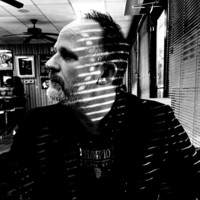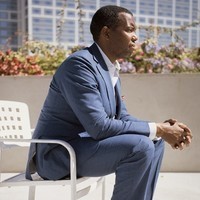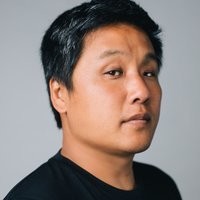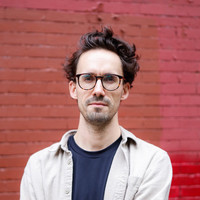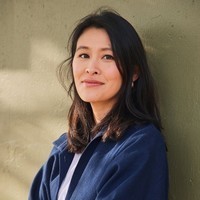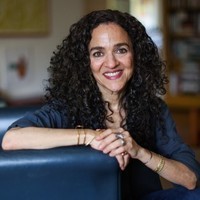John Jeremiah Sullivan is a contributing writer at the New York Times Magazine and has written for Harper's, The New Yorker, and GQ. He is the author of Pulphead and the forthcoming The Prime Minister of Paradise: The True Story of a Lost American History.
“I love making pieces of writing and trying to find the right language to say what I mean. It's such a wonderful way of being alive in the world. I mean, your material is all around you. ... I'm lucky that it has stayed interesting for me. It hasn't faded. The challenges of writing, they still glow.”
